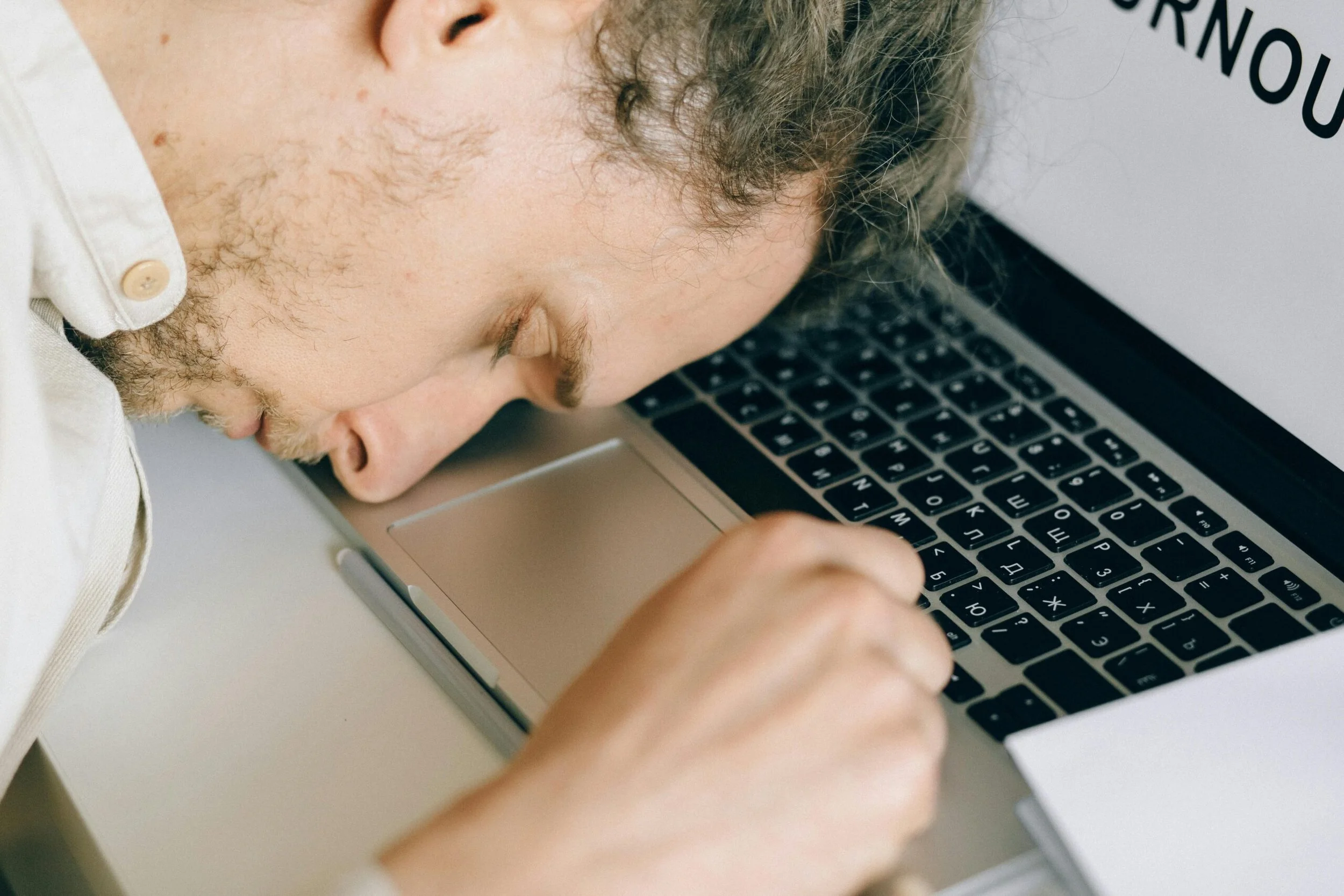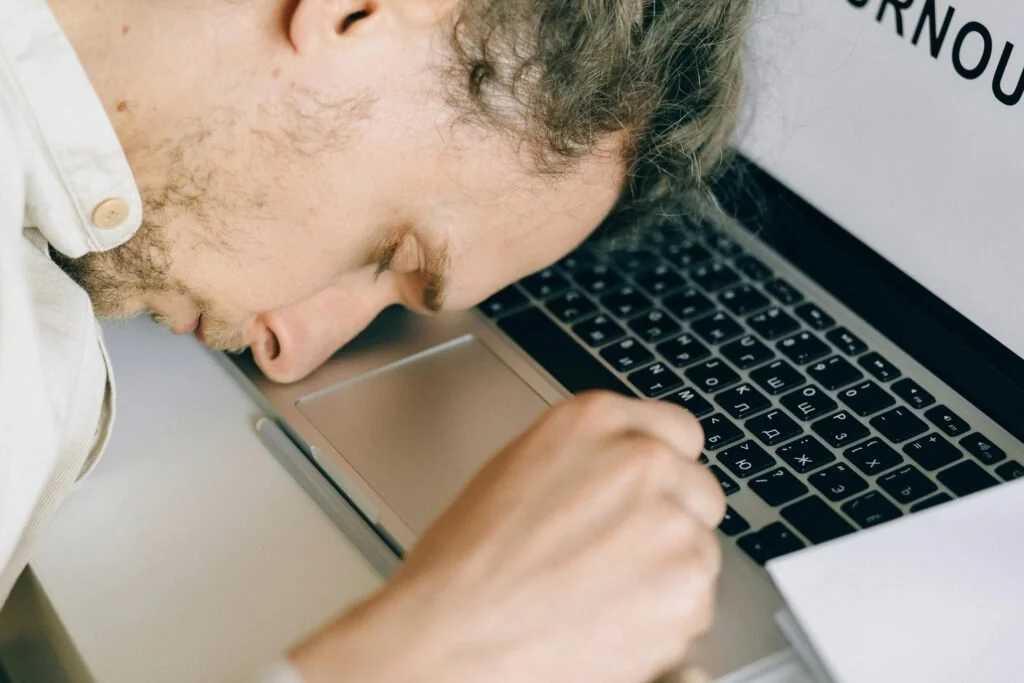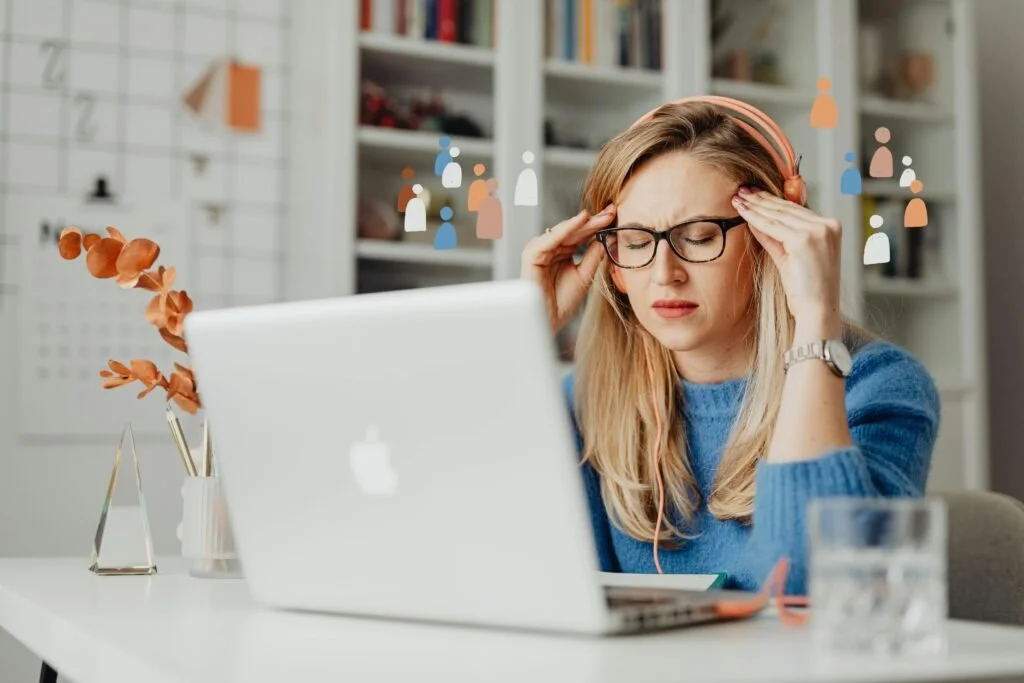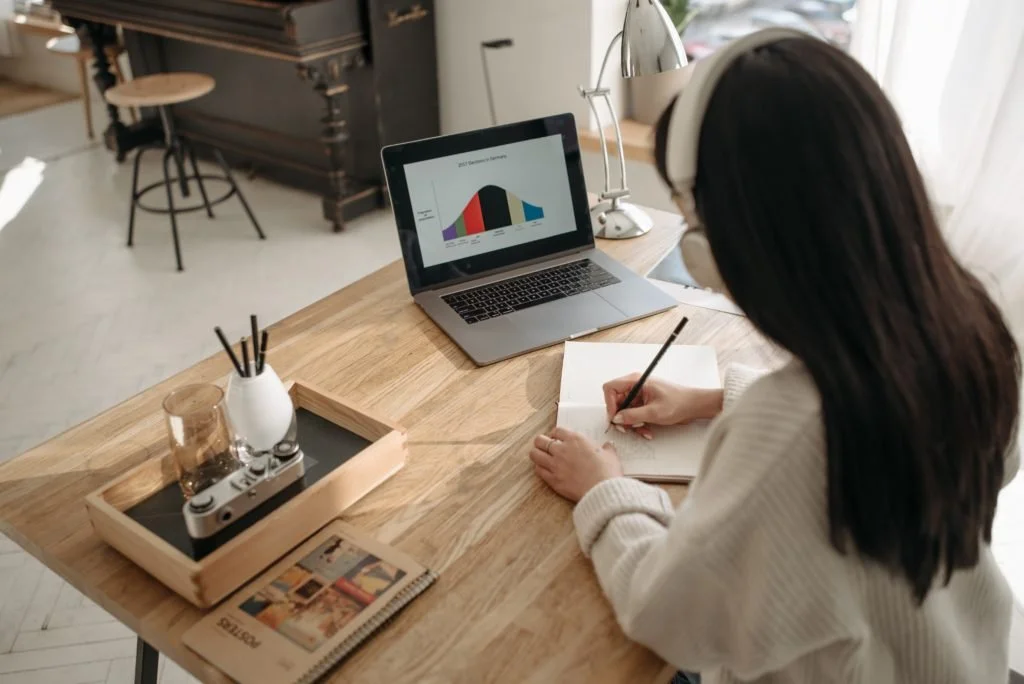What is "Burnout" ? Am I at Risk?

What is burnout and how many of us are living in this dangerous state?
Audicin teamed up with Professor Loredana Padurean for an Instagram Live to discuss burnout with a diverse international community that Professor Padurean calls 'Smarties'. Smarties promote, live and breathe SMART skills including emotional maturity, validation, cognitive readiness, and adaptability. In the modern hectic world, such skills come to the fore in the face of burnout risk.

So what is burnout?
The World Health Organisation lists 3 main burnout symptoms:
- feelings of energy depletion or exhaustion
- increased mental distance from one’s job or feelings negative towards one’s career
- reduced professional productivity
Burnout is on the rise. A recent report from Indeed found that 52% of all workers feel burned out, up +9% from a pre-COVID survey.
Enjoy clips from the Burnout Live discussion:
https://youtu.be/UMB1Xh-BbZc - What does burnout feel like?
https://youtu.be/dgs1qCAlqrs- Why is it so hard to recognise burnout?
According to WebMD, burnout is NOT the same as stress. A small amount of stress helps keep us active and engaged in our daily lives. But as we know, too much stress on a regular basis, chronic stress, has multiple impacts on mental and physical health. And one of these is negative outcomes is burnout.
Burnout can be caused by stress, but it's not the same. Stress results from too much mental and physical pressure and too many demands on your time and energy. Burnout is about too little. Too little emotion, motivation, or care. Stress can make you feel overwhelmed, but burnout makes you feel depleted and used up.

Stages of Burnout
According to Forbes, Burnout develops over time and it is a slow creep. The pattern of gradual onset means it can be very hard to realize that you are on a burnout downward spiral, often until you are deep into the fall. Psychologists Gail North and Herbert Freudenberger, came up with 12 stages of burnout.
- An urgent need to prove yourself. In this earliest phase of burnout, you want to do well to the point of perfectionism for fear of not fulfilling demands.
- Working harder. You feel the need to do everything yourself and complete tasks as soon as possible.
- Neglecting your needs. You think the stress of work or activities, such as caregiving, is normal. You neglect your social life and look down on others who pursue one. You begin to make small mistakes.
- More interpersonal conflicts. You have conflicts with co-workers, friends, or your partner. You don't sleep well, have other physical complaints, or become forgetful.
- Revision of values. You see things differently and begin to seem insensitive to others around you. Friends and family become secondary to your goals.
- Denial. Bitterness and cynicism creep in, and you begin to cut yourself off from others, becoming impatient, intolerant, and angry. Your performance suffers, and you feel physical discomfort.
- Withdrawal. Dealing with others feels like a burden. You get angry if someone criticizes you, and you may feel disoriented or helpless. You may try to self-medicate with alcohol or illegal substances.
- Behavioral changes. Apathy sets in and nothing matters. You avoid additional responsibilities.
- Depersonalization. You lose your sense of identity, seeing yourself only as the vessel through which work and responsibilities are completed. Your life feels meaningless, and you begin to neglect your health.
- Feeling empty. Exhaustion, anxiety, and panic set in.
- Despair. You may have feelings of self-hatred or depression coupled with suicidal thoughts.
- Total burnout. This last phase of mental and emotional collapse requires immediate care.
More insights from the Burnout Live:
https://youtu.be/9NlOLyeERBc - Nervous system irritation is real and physical
https://youtu.be/it7X16n_y10 - How long is the road to recovery?
Burning burnout issues
The Audicin experts confirm that burnout is impacting a significant number of people in the workplace. During the Audicin and Smarties Instagram Live, Audicin Founder and CEO Laura Avonius shared her experience that in any one organisation she typically finds around a third of people are in the burnout zone, with another third close to that point.
Laura Avonius said of the Instagram Live experience:
“The key take away for me from the discussion with the Smarties was that there is not sufficient support available for people to identify the risk of burnout or even the burnout when they are experiencing it and people need to rely lots on guess work.
Also many mainstream medical doctors don't see the link between burnout-related physical symptoms and the state of burnout, preferring instead to treat individual symptoms such as stomach, head or muscular skeletal pain without considering the root cause. This can lead to a situation where burnout goes on, unrecognised, for years or even longer”.

The Audicin solution
If you find that you are in a state of exhaustion and burnout, then Audicin has an effortless solution that works on the go to regulate the nervous system out of fight/ flight state and to enable recovery.

At Audicin we have seen burnout recovery in our users occur within a month. From dangerous burnout scores to healthy in a matter of weeks, an incredible positive change for lifelong wellbeing.
Learn more about what Audicin is and how it helps combat burnout!
https://youtu.be/MsQbKEbVL64 - What is Audicin?
https://youtu.be/kSjEnBIqzHY - Audicin works!
Even better - Audicin requires no breaks, no training and no time drain! The benefits of meditation without meditating. Just pop on headphones and carry on with your day whilst the patent pending audio innovation puts the break on the burnout spiral and promotes recovery.
Audicin is available to try for free here for 30 days , by just downloading and entering the code CLARITY - join the community of Smarties who are saying 'NO' to the burnout spiral!
